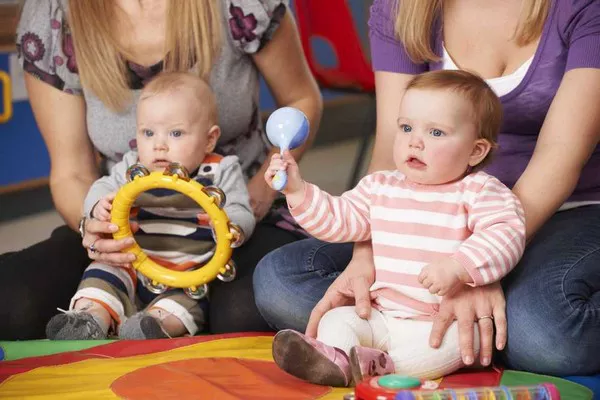In the fast-paced, technology-driven world we live in today, it’s easy to overlook the simple yet profound activity of play in early childhood. However, play is not just a way for children to pass the time—it is a fundamental aspect of their development. This article delves into the significance of play in early childhood, emphasizing its critical role in shaping a child’s physical, cognitive, social, and emotional development.
Physical Development Through Play
Early childhood is a time of rapid physical growth and development. Play, in its various forms, contributes significantly to this process. Here are a few ways in which play supports physical development:
Fine and Gross Motor Skills: Play involving building blocks, climbing, running, and drawing helps children refine their fine and gross motor skills. These activities enhance coordination, balance, and strength.
Healthy Lifestyle Habits: Outdoor play encourages physical activity, reducing the risk of childhood obesity. Moreover, it helps in developing a love for an active lifestyle that can be carried into adulthood.
Sensory Exploration: Sensory play with materials like sand, water, or playdough stimulates a child’s senses, aiding in the development of sensory perception and awareness.
Spatial Awareness: Playing with puzzles and spatial toys enhances a child’s spatial intelligence, critical for activities like reading maps and understanding geometric concepts.
Cognitive Development Through Play
Play is not just about physical activity; it also engages a child’s mind and fosters cognitive growth. Here’s how:
Problem-Solving Skills: Activities like puzzles, board games, and building with blocks challenge a child’s problem-solving abilities and encourage creative thinking.
Language Development: Pretend play and interactive games provide opportunities for language development. Children learn new words, sentence structures, and communication skills through play.
Mathematical Concepts: Sorting, counting, and organizing objects during play introduce mathematical concepts in a fun and engaging way.
Imagination and Creativity: Pretend play allows children to explore their imagination and creativity, which are essential for innovation and artistic expression.
Social Development Through Play
Play is a social activity that facilitates interaction and the development of critical social skills:
Sharing and Cooperation: Children learn the importance of sharing, taking turns, and cooperating with others while playing in groups. These skills are vital for building healthy relationships later in life.
Empathy and Understanding: Role-playing games help children develop empathy by allowing them to step into different roles and understand the perspectives of others.
Conflict Resolution: Through play, children encounter conflicts and learn how to resolve them peacefully, teaching them valuable conflict resolution skills.
Friendship Building: Playdates and group activities enable children to make friends and build lasting relationships, contributing to their emotional well-being.
Emotional Development Through Play
Emotional development is a crucial aspect of early childhood, and play plays a significant role in this area:
Self-Expression: Artistic activities like drawing, painting, and storytelling provide a medium for children to express their feelings and thoughts.
Emotional Regulation: Play helps children understand and manage their emotions, reducing instances of temper tantrums and fostering emotional resilience.
Confidence Building: Achieving goals during play and receiving positive feedback from caregivers boosts a child’s self-esteem and confidence.
Stress Relief: Play acts as a stress reliever, allowing children to relax and unwind in a safe and enjoyable environment.
In conclusion, play is not just an enjoyable pastime for children; it is a vital component of their holistic development. From physical growth and cognitive stimulation to social interaction and emotional well-being, play shapes the foundation upon which children build their futures. As parents, caregivers, and educators, it is our responsibility to recognize the importance of play and provide children with the opportunities and environments they need to thrive. By fostering a culture of play in early childhood, we are nurturing healthier, happier, and more well-rounded individuals who are better equipped to face the challenges of adulthood. So, let’s encourage our children to play, explore, and learn, for it is through play that they truly grow and flourish.


